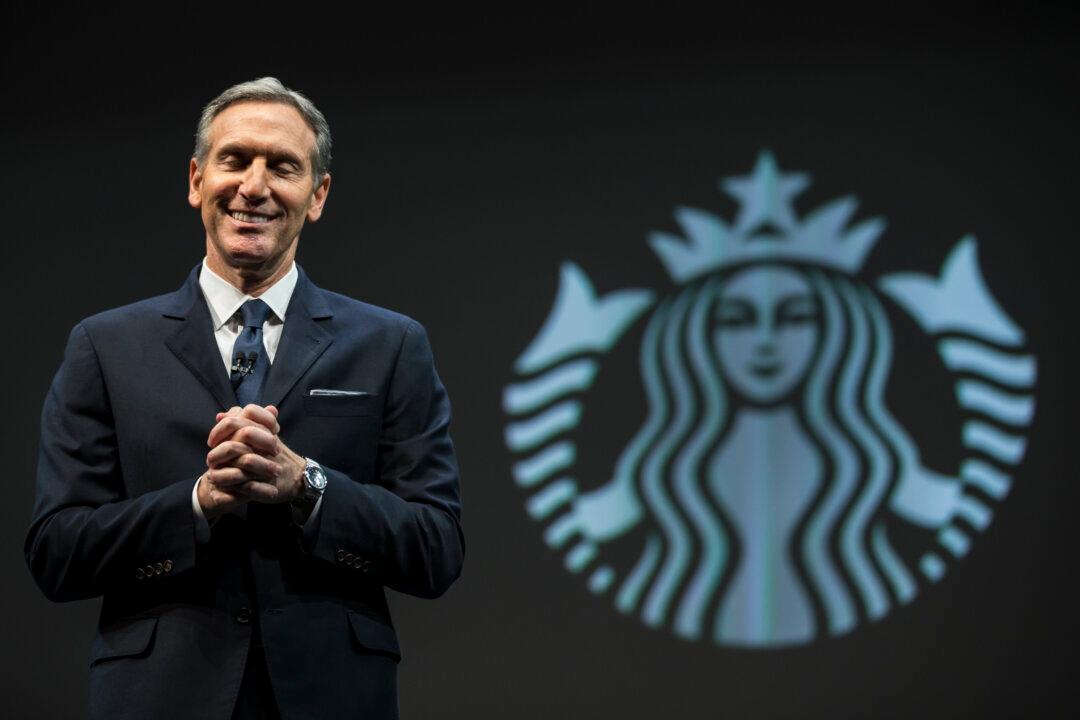Starbucks Corp. has decided to do away with share buybacks and plans to boost investment into operations, the company’s returning CEO Howard Schulz said in an open letter on April 4.
“Starting immediately, we are suspending our share repurchasing program. This decision will allow us to invest more profit into our people and our stores—the only way to create long-term value for all stakeholders,” Schultz said in the letter.





